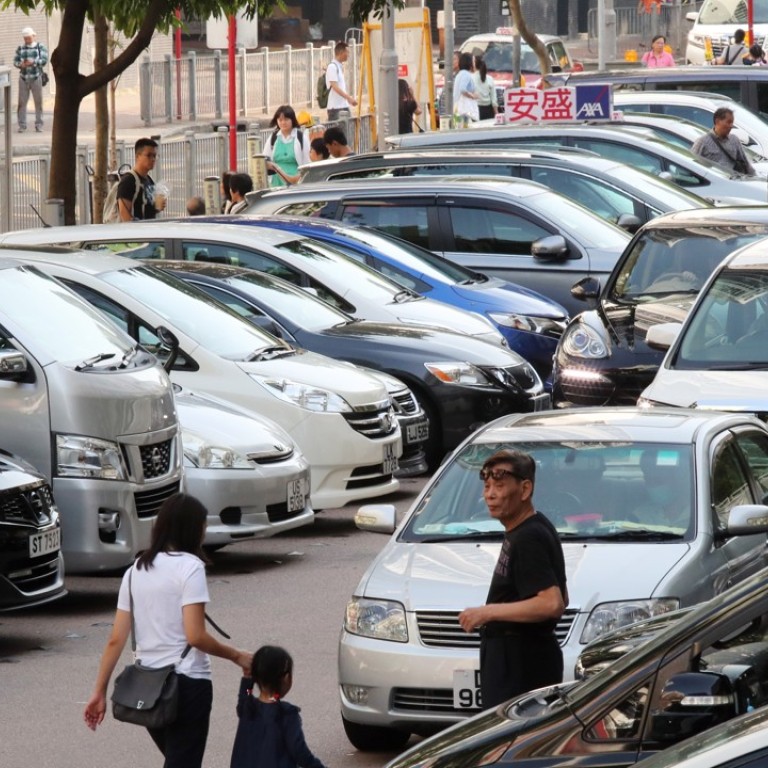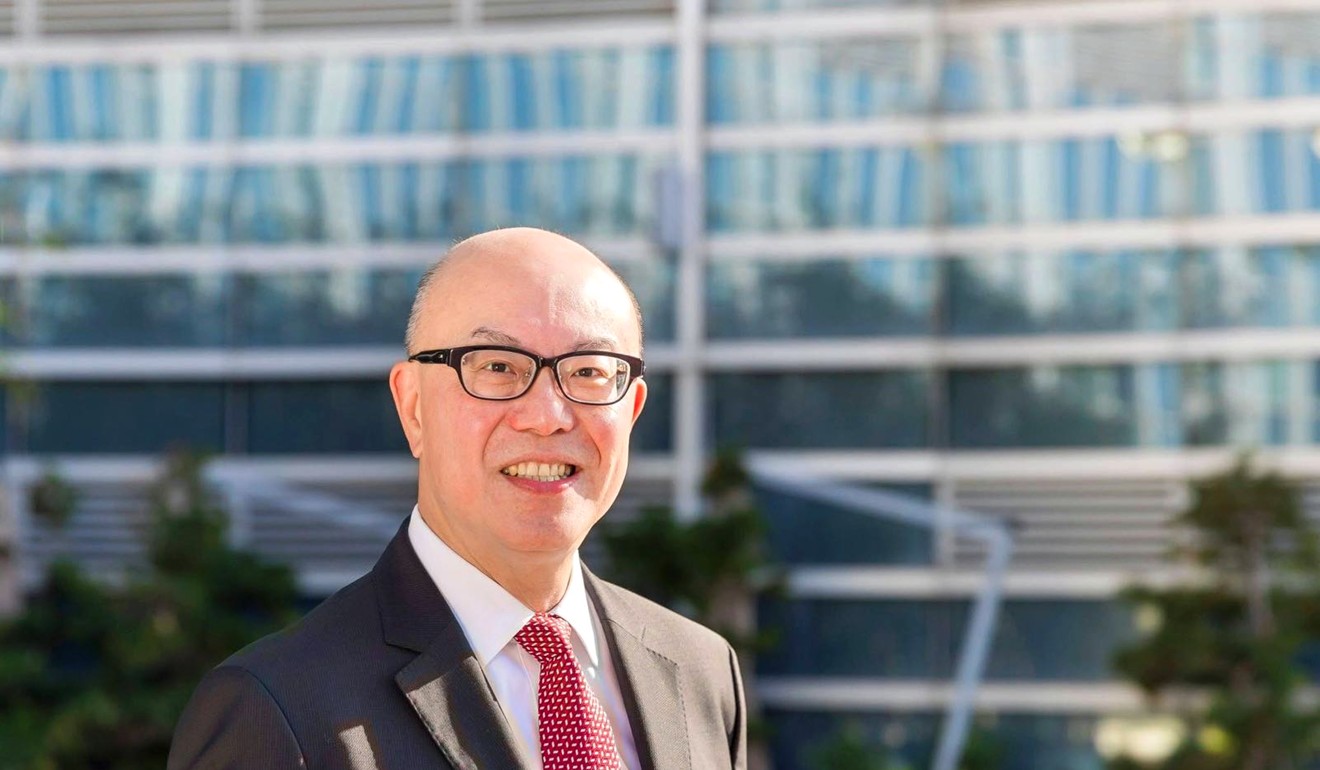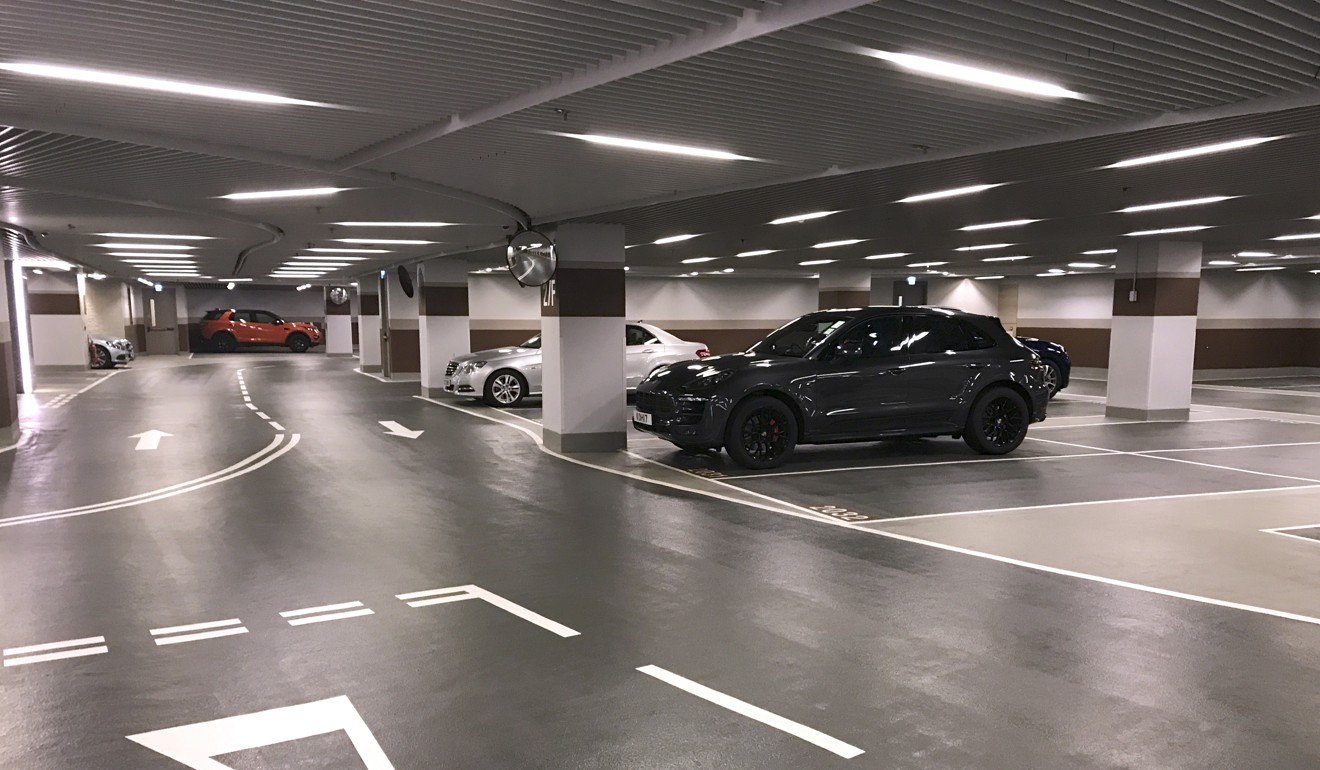
Could Hong Kong’s car parks be phased out to make room for housing land? This developer thinks so
Chinachem’s boss Donald Choi believes people will eventually ditch private cars, freeing up space that could help solve the city’s housing crisis
Some of Hong Kong’s car parks could eventually become redundant as people swap their vehicles for public transport, freeing up much needed land for residential use, according to one of the city’s major developers.
Donald Choi, chief executive of Chinachem Group, believes advances in transport technology and improvements to existing transit systems mean private-car ownership will start to fall in the long term.
“Hong Kong is a compact city. Public transport is also done very satisfactorily. I think what could happen is that people’s desire to use private cars may gradually reduce,” said Choi.
“Then there may be some redundant car parks that can be converted to other uses. This is one possibility.”
His comment comes a week after a buyer splashed out a world-record HK$6 million (US$760,000) for a single parking bay in Ho Man Tin’s “Ultima” development, underlining Hong Kong’s position as the world’s most expensive place to buy or rent a parking spot in a luxury project.

According to JLL, about 8.3 million square feet of land could be freed up if all the city’s car parks were given up for other uses. In reality, the figure could be far smaller.
“Many of the spaces leased on a short-term contract are needed for special uses in specific locations such as goods deliveries, or parking buses or heavy-goods vehicle. It may not be feasible to accommodate such needs elsewhere or in underground spaces,” said Dorothy Chow, regional director of JLL’s valuation department.
Choi, who started his career as an architect, said Hong Kong’s authorities should aim to cut the number of cars in use, as some other cities are already doing.
“Look at Singapore,” he said. “It is discouraging the use of private cars and has already imposed a limit on the number of cars. It shows that if public transport is good enough, people can still live just as conveniently. We may not really need so many private cars.”
Earlier this year Singapore, one of the world’s most expensive places to own a vehicle, prohibited any further growth in its car population, citing land scarcity and billions of dollars in planned public transport investments.

“[With the technology,] we can have cars for hire whenever we want. So even though we reduce the use of private cars, productivity could still increase and people enjoy even more convenience. This may not happen in the short term, but I think in the medium- to long-term, we could achieve the goal of having fewer private cars in the city.”
But he admitted many questions would need answering before deciding whether to convert land designated for car parks into a site for other uses such as housing.
“For example, is the basic infrastructure in the neighbourhood sufficient to support the extra population?” Choi said.
“It is not to simply a matter of deciding this or that piece of [parking] land is not necessary and can be used for housing. The pipes, water and electricity supply may need extra work.”
Hong Kong has been stuck in a vicious cycle in which a serious shortage of car-parking spaces has led to skyrocketing prices, resulting in more speculation in the market.
There are currently only enough spaces for about 80 per cent of vehicles, according to official statistics.
According to JLL, the average selling price of residential car parks in 2017 was more than HK$1.7 million, up 40 per cent from the average price of HK$1.2 million in 2016.
The growth in prices exceeded that of residential flats, which increased 14 per cent last year.

